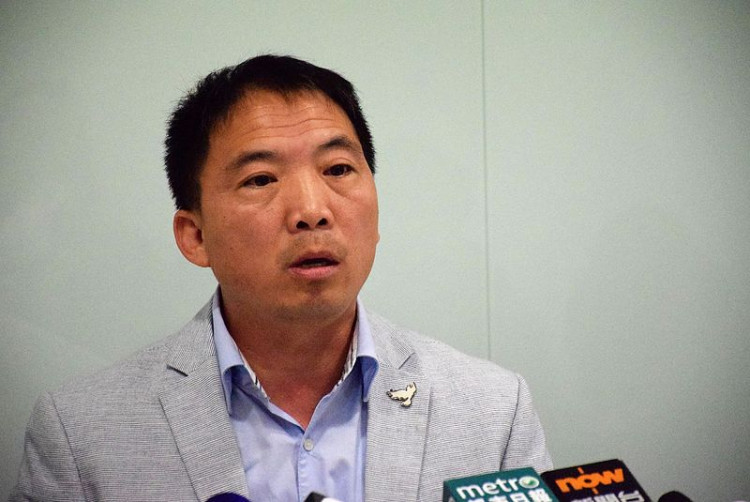The head of a major opposition party urged that Hong Kong's national security law should only sanction the city's lawmakers, leaders, and ministers, not the everyday people.
Wu Chi-wai, the Democratic Party chairman and a lawmaker, said his suggestion on Saturday that solely acts of subversion or secession perpetrated by political figures be criminalized need to have a balance between the human rights of ordinary citizens and Beijing's concerns about national security.
"A major concern of Beijing's is the use of freedom of speech to seize power and gain independence, so criminalizing such acts would prevent any separatist from achieving power," Wu said. "But existing public order laws can already address anyone who resorts to concrete actions to advocate independence."
Under Article 23 of the Basic Law, Hong Kong is obliged to establish its law to prohibit acts of "treason, secession, sedition and subversion" against the central government. In 2003, there are attempts to advance the legislation but only brought almost half a million people to the streets in protest, forcing the government to shelve the bill.
But, Beijing signaled impatience over the past years due to the lack of dedicated national security law. Zhang Xiaoming, the director of the Hong Kong and Macau Affairs Office of the State Council, previously cited a speech at the Foreign Correspondents' Club by Andy Chan Ho-tin, leader of the separatist Hong Kong National Party. He points out "inadequacies" in existing national security protection.
Last week, a think tank headed by Jasper Tsang Yok-sing, former Legislative Council president, proposed carrying out a simultaneous consultation on political reform and national security law.
According to the South China Morning Post, Wu believed implementing universal suffrage needs to take precedence over Article 23 legislation. He also noted that limiting criminal sanctions to key officials could likely prevent any separatist from gaining power. He added that the administration needs to prioritize housing and livelihood issues while leaving Article 23 legislation untouched.
However, Starry Lee Wai-king, the chairwoman of the pro-Beijing Democratic Alliance for the Betterment and Progress of Hong Kong, rejected the suggestion of Wu. She said the new political situation emerged was different from 2003, pointing to the presence of the Hong Kong National Party.
"There is an urgency to enact national security law amid the new situation," she argued.
Lee considered that promoting the economy and internet security needs to come before any bill is put forward. Both lawmakers are skeptics regarding Tsang's think tank proposal for a joint consultation.
As per Lee, she could not see a government that deals with the two complicated issues at the same time. Meanwhile, Wu believed that Tsang should elaborate on what kind of political reform he had in mind.






